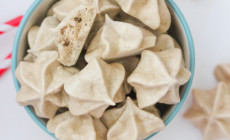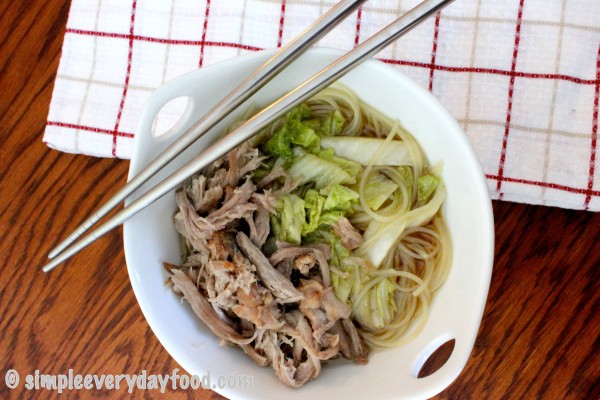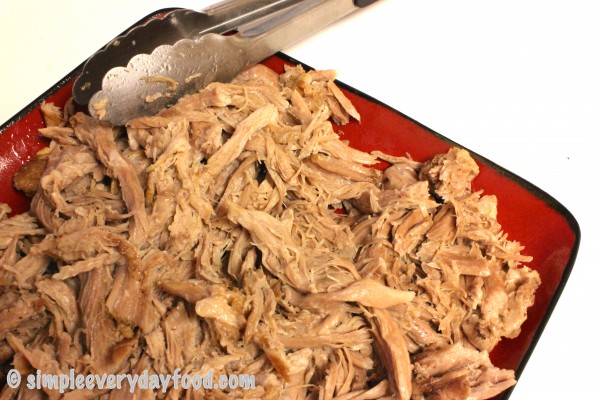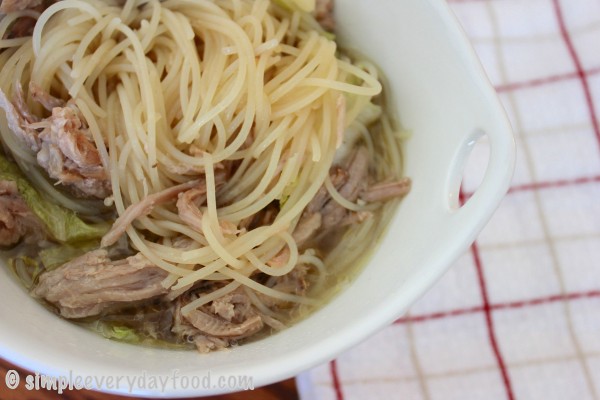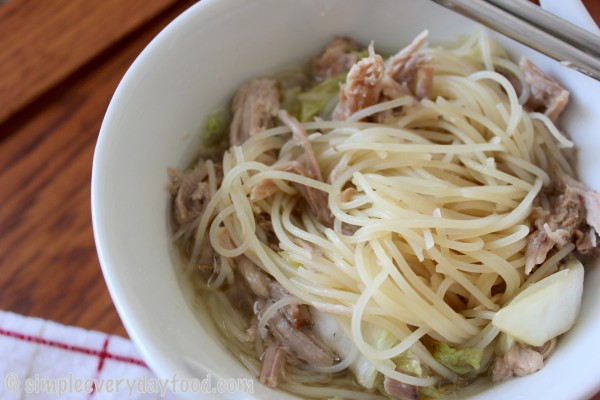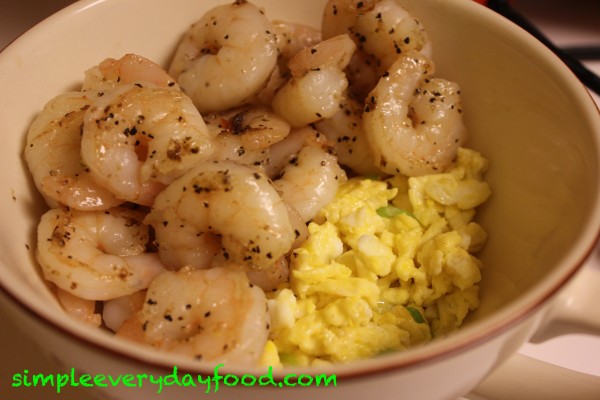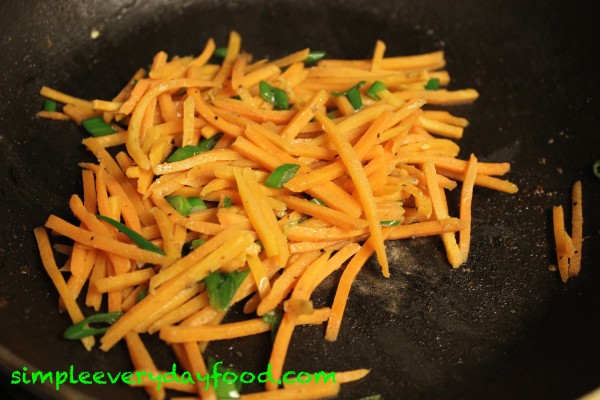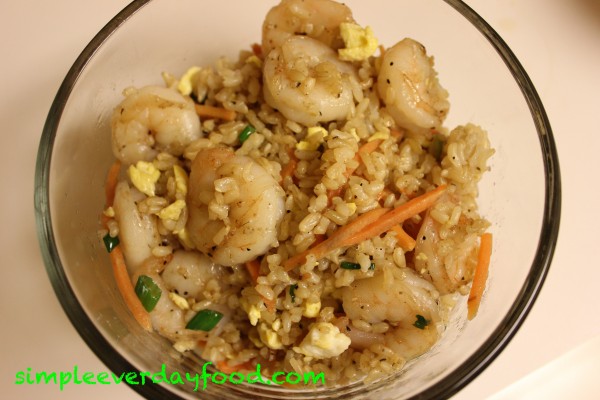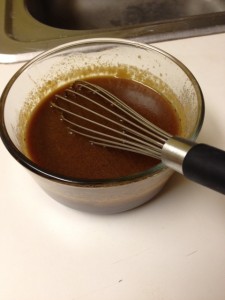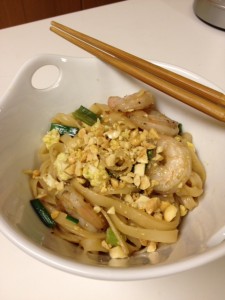Food. It’s what brings people together in this world. It’s part of each country’s culture, and it also has a tendency to define and shape one’s eating habits and preferences later in life. And often times, it is attached to some sort of a memory.

The smell of certain foods as you’re walking down the street, the sight of certain foods you see on TV, magazines, or billboards, can all elicit some sort of a response deep down from the limbic system in your brain. When you eat certain foods, it may remind you of a special occasion or bring back certain memories.
Maybe it was the first time you tried something and liked it. Maybe it brought you back to your childhood. Maybe it reminded you of mom’s home cooking. Maybe you got really sick after eating it and never wanted to eat it again. Maybe you ate that same thing for three weeks in a row and would be totally fine if you’d never see that food for the rest of your life.
…you get the idea. What I’m basically saying is that food has the power to transport us back to a place and time, which is exactly what happened when I took the first bite of today’s recipe.
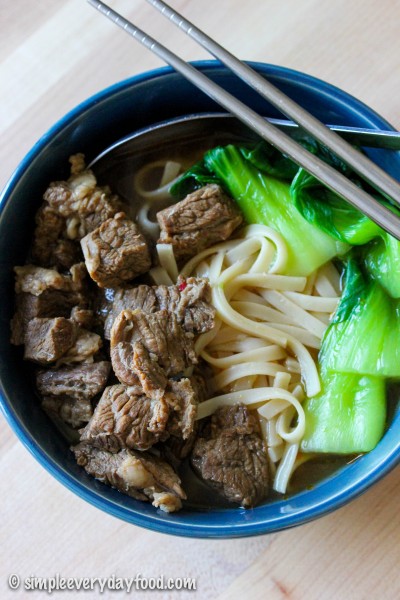
The Taiwanese beef noodle soup is something the Taiwanese is proud of. Along with bubble tea, it was originally created in Taiwan, and is often named in the top 5 things people need to try when visiting the country. It’s so popular that it has its own festival! Other famous items from the island include stinky tofu, oyster omelet, braised pork rice, shaved ice, pineapple cake…… I can go on and on, but I know that’s not why you’re here (but if you’re interested, you can get a list of must-eats here, here, and here).
Many older generations of Taiwanese people do not eat beef. The reason behind it is because Taiwan used to be a big farming country, and oxen and water buffalo were the main farm animals that helped the farmers with their crops every year. Naturally, many farming families found it wrong to eat the meat from those who had a hand in helping them grow crops, subsequently helping them put food on their tables.
Growing up, all my grandparents didn’t eat beef. My mom (until this day), also strongly insists that we don’t eat beef at all. My sister, my dad, and I have never been able to eat beef whenever we are out with my mom. It’s just how it is – no ifs, ands, or buts.
Even though my dad grew up with parents who didn’t eat beef, as he grew older, he would occasionally eat beef every once in a blue moon when the craving came. My dad, who knows me best in our family, always knew that I would also have cravings for beef that were often left unfulfilled because of our “house rules”.
I remember back in middle school, I would always stop by his work to head home together for the day. We would walk down the bustling busy city streets in the hot humid summer evenings together, his briefcase strap over his shoulder, and he would put his arm around my shoulder and say, “why don’t we go get some beef noodle soup for dinner?”
It was like a secret between the two of us – we would secretly go out for beef noodle soup, and we would never tell mom. This usually happened when my mom wasn’t able to make it home in time for dinner – whenever she asked what we had for dinner, we would always tell her, “oh, we just had some noodles, that’s all.” We were sneaky like that, and he was my partner in crime… we were little rebels who broke mom’s rules together.
I’m pretty sure my mom never found out about our rule-breaking behaviors… I guess she does now – sorry mom!
Anyway, the whole point of walking dragging you down memory lane is to tell you that this noodle soup is divine. The moment I took that first sip of the broth, I was transported back to 10 years ago, secretly eating beef noodle soup at some mom-and-pop shop with my dad. This recipe is spot-on on flavor… I was in heaven.
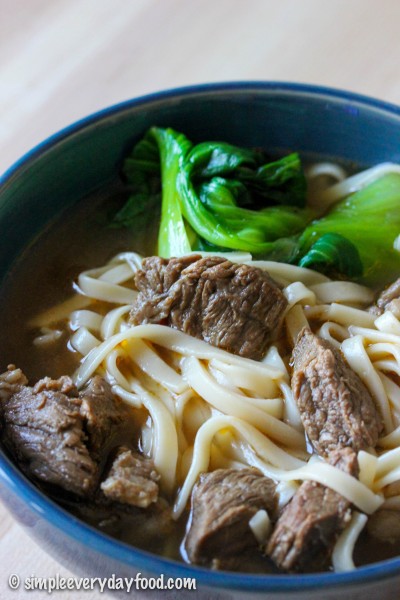
The broth is nice and salty, the beef is tender with just the right amount of fat on it, and the noodles are nice and chewy. It really is the perfect combination! The ginger, garlic, peppercorns, star anise, soy sauce and the doubanjiang are the base for the broth that you slowly cook your beef in for the next 2.5 hours – the smell will make your mouth water, but it’s 110% worth the wait!
I chose to cook the noodle in a separate pot. I also cooked some baby bok choy to go with it as well. If you can’t get your hands on baby bok choy, some spinach or napa cabbage would work too. Once everything is ready to be served, then place the noodles in a large bowl, and ladle the beef and broth into the bowl. Top with your veggies, and you’ve got yourself a bowl of authentic Taiwanese beef noodle soup!

Next time my parents come visit, I’m going to make this to share with my dad… behind my mom’s back, of course :)
- 3 tablespoons EVOO, divided
- 2-2.5 lbs boneless beef chuck, cut into 1" cubes
- 6 large slices of ginger
- 6 cloves of garlic, smashed
- 2 medium plum tomatoes, finely diced
- 2 tablespoons granulated sugar
- 1 tablespoon Sichuan chili bean paste (doubanjiang - I found mine at the local Asian grocery store)
- 1 cup Chinese rice wine
- 1 tablespoon black peppercorns
- 2 whole star anise cloves
- 3/4 cup soy sauce
- 2 and 1/2 quarts water
- 2 lbs Asian wheat noodles, cooked
- A handful of baby bok choy, spinach, or napa cabbage, if desired
- Heat 1 tablespoon of EVOO in a large, heavy-bottomed pot (I used a Dutch oven) over medium-high heat. Add the beef to the pot in a single layer and cook undisturbed for 3-4 minutes until browned. Then stir and cook until all the sides are nicely browned. Transfer to a plate and repeat the process again with 1 tablespoon of EVOO and the remaining beef. Transfer beef to the plate and set aside.
- Add the remaining tablespoon of EVOO to the same pot and heat over medium-high heat. Add in the sliced ginger and garlic cloves, stirring frequently until fragrant, about 2-3 minutes. Add in the diced tomatoes and stir for another minute. Then add in the sugar and stir until the sugar is dissolved. Finally, add in the chili bean paste (doubanjiang) and stir until the mixture starts to bubble.
- Add the beef back to the pot, then add the rice wine and cook for 1 minute. This would be a good time to scrape up all the yummy brown bits crusted on the bottom of the pot. Add in the star anise, peppercorns, soy sauce, and water. Bring the mixture to a boil, then reduce the heat to a simmer, cover, and cook for about 2.5 hours, or until the beef is tender.
- Using tongs, remove the all the beef cubes from the broth and set aside. Carefully strain the soup over a mesh strainer into another similarly sized pot to catch the ginger, garlic, star anise, etc. Pick up any small beef cubes from the strained mixture, then return the beef cubes back into the broth.
- If desired, heat the soup back up over medium heat and wilt some greens with the soup.
- When ready to serve, place noodles on the bottom of individual serving bowls. Ladle the soup and beef chunks into bowls. Serve immediately.
- Serves 4-6 people
© Simple Everyday Food. All images & content are copyright protected. Please do not use any of my images without prior permission. If you want to republish this recipe, please re-write the recipe in your own words, or kindly link back to this post for the recipe.





